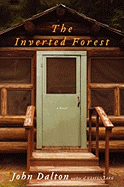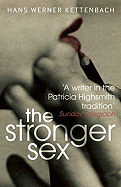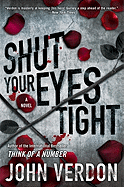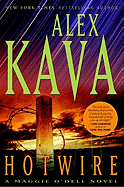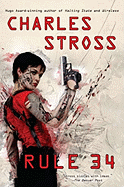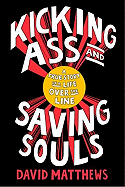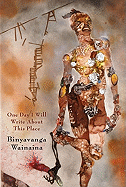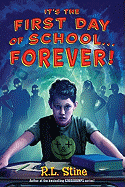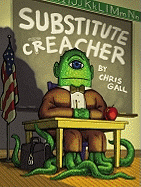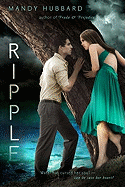Master of Her Domain
Over the weekend my husband and I went out for dim sum with dear friends who just returned from a cruise of the Mediterranean. Because they are book nerds like us, our conversation quickly turned from ruins to shipboard reading. I'd given them a copy of Moonwalking with Einstein by Joshua Foer and, they said, a dozen of their new acquaintances had scribbled down the title so they could buy the book when they got home (a few may even have downloaded it while still on the high seas).
Part of this sharefest is due surely to these friends' ebullient personalities, but it made me think about the place of reading in American society. We "treat" ourselves to books during vacations and breaks in the routine. Often airplane flights, train rides and hotel balconies are the places where people crack the spines of new books with the greatest abandon.
 We feel somehow guilty when we read. Because it gives us pleasure? Because it is done largely in private? Because it can involve our imaginations? Hmmm. Sounds like a different familiar and historically reviled activity, especially on these Puritan-influenced shores. Despite our national penchant for individualism, we're suspicious of anything that involves too much silence, solitude and closed doors.
We feel somehow guilty when we read. Because it gives us pleasure? Because it is done largely in private? Because it can involve our imaginations? Hmmm. Sounds like a different familiar and historically reviled activity, especially on these Puritan-influenced shores. Despite our national penchant for individualism, we're suspicious of anything that involves too much silence, solitude and closed doors.
It's one thing to delay reading gratification because you're busy with work or family or something else essential. But to claim you have no time to read or can't waste time on a book, and then spend two hours watching television or playing poker online or buying things you don't need at Target? I think we need to reorder our priorities and proudly spend more time alone, between the covers... of a good book. --Bethanne Patrick


BINC.1024.B1.HELPABOOKSELLER.jpg)
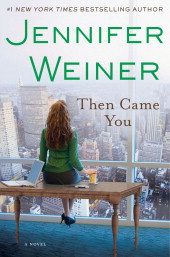 This week heralds the release of a new Jennifer Weiner novel, Then Came You (Atria). In this book, four women's lives are intertwined through issues surrounding fertility and parenthood.
This week heralds the release of a new Jennifer Weiner novel, Then Came You (Atria). In this book, four women's lives are intertwined through issues surrounding fertility and parenthood.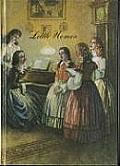 Little Women by Louisa May Alcott: This classic gets extra points because not only are the four "women" all quite different, they're also sisters. Jo, Beth, Meg and Amy March, along with their beloved "Marmee" confront different aspects of girlhood and womanhood in Civil War-era New England.
Little Women by Louisa May Alcott: This classic gets extra points because not only are the four "women" all quite different, they're also sisters. Jo, Beth, Meg and Amy March, along with their beloved "Marmee" confront different aspects of girlhood and womanhood in Civil War-era New England.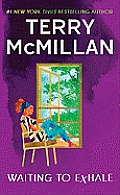 Waiting to Exhale by Terry McMillan: The female quartet in McMillan's exuberant novel involves thirtysomething single African-American women who have great professional lives in their chosen city of Phoenix--but not one of them has yet found "Mr. Right." It's not for lack of trying, however; lots of sex involved!
Waiting to Exhale by Terry McMillan: The female quartet in McMillan's exuberant novel involves thirtysomething single African-American women who have great professional lives in their chosen city of Phoenix--but not one of them has yet found "Mr. Right." It's not for lack of trying, however; lots of sex involved!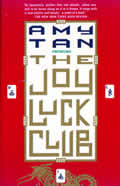 The Joy Luck Club by Amy Tan: It's four times three in this book: four daughters, four mothers, four families. Tan not only showed a new side to Asian-American literature in this landmark novel--she also used the groups of four carefully and strategically to illuminate each other.
The Joy Luck Club by Amy Tan: It's four times three in this book: four daughters, four mothers, four families. Tan not only showed a new side to Asian-American literature in this landmark novel--she also used the groups of four carefully and strategically to illuminate each other. As the liquidation sales at Borders begin today,
As the liquidation sales at Borders begin today, 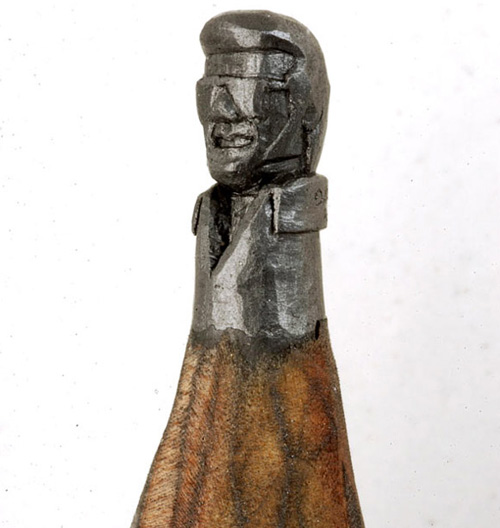 Designer Dalton Ghetti carves intricate sculptures...from the tips of pencils.
Designer Dalton Ghetti carves intricate sculptures...from the tips of pencils. 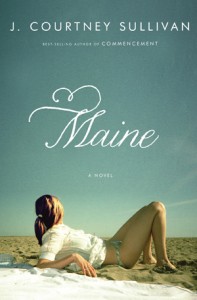 Several people (including this editor) had commented to author J. Courtney Sullivan that the photograph on the book jacket of her new novel Maine, from Knopf, didn't quite match the contents. The photo, of a beautiful woman wearing little besides a bikini, looking away from the camera toward an oceanic horizon, evokes "beach," but not the serious family drama set on the shores of Maine contained within the book's pages.
Several people (including this editor) had commented to author J. Courtney Sullivan that the photograph on the book jacket of her new novel Maine, from Knopf, didn't quite match the contents. The photo, of a beautiful woman wearing little besides a bikini, looking away from the camera toward an oceanic horizon, evokes "beach," but not the serious family drama set on the shores of Maine contained within the book's pages.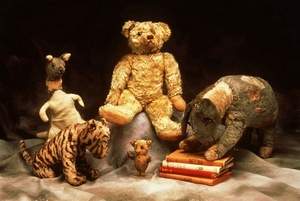 Want to feel old? Winnie-the-Pooh turns 90 on August 21. If you'd like to send him a birthday card, the New York Public Library will be celebrating his birthday at the Library's
Want to feel old? Winnie-the-Pooh turns 90 on August 21. If you'd like to send him a birthday card, the New York Public Library will be celebrating his birthday at the Library's  Some novels are meant to be read slowly, savoring each word, while others push you to keep turning pages, teased on by the promise of secrets revealed. And then there are novels that are both, like The Bird House by Kelly Simmons. This book is so beautifully written that I felt guilty racing through it to discover what happens, and so I read it a second time, happy to spend another day under the spell of the story's brilliantly realized narrator, 73-year-old Ann Biddle Harris.
Some novels are meant to be read slowly, savoring each word, while others push you to keep turning pages, teased on by the promise of secrets revealed. And then there are novels that are both, like The Bird House by Kelly Simmons. This book is so beautifully written that I felt guilty racing through it to discover what happens, and so I read it a second time, happy to spend another day under the spell of the story's brilliantly realized narrator, 73-year-old Ann Biddle Harris.